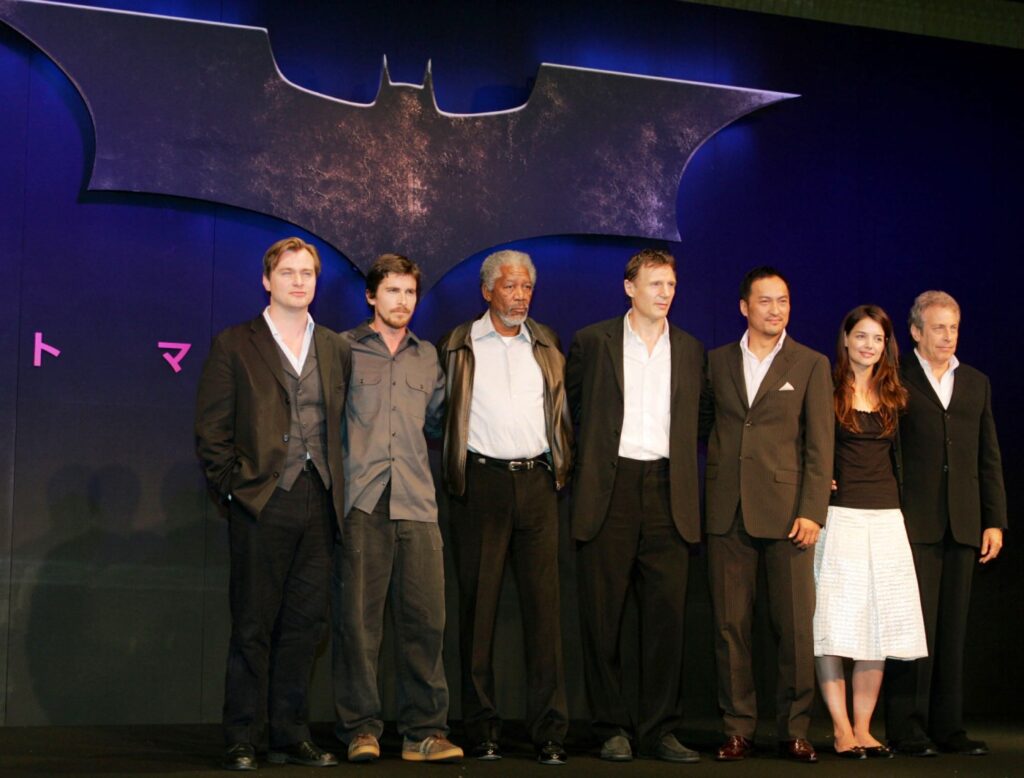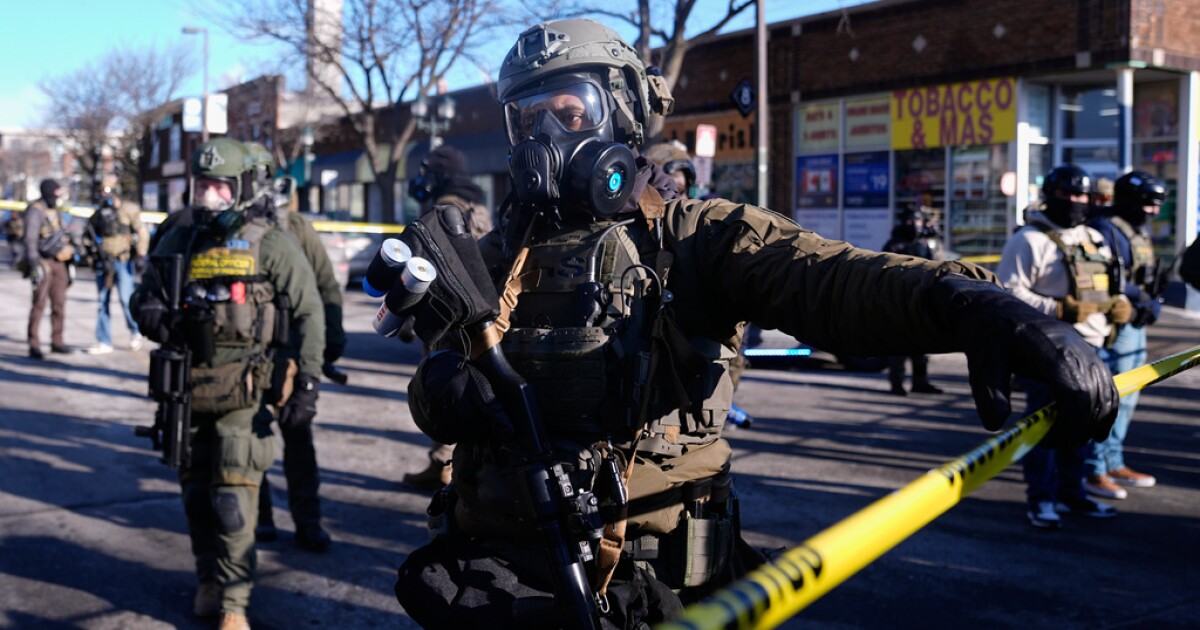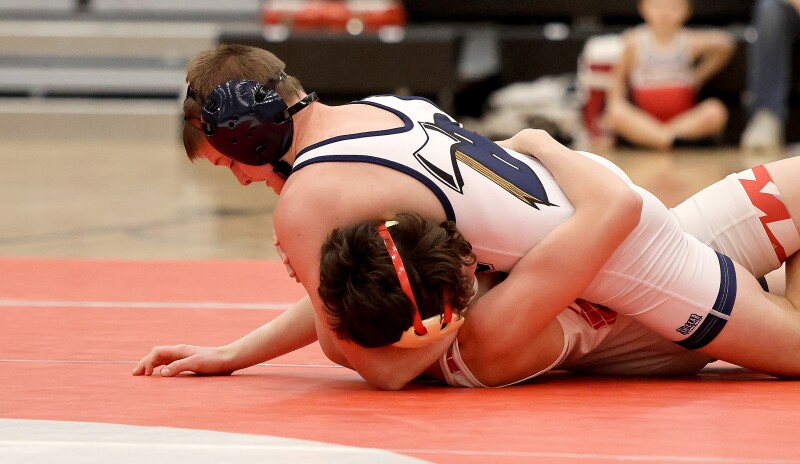
UPDATE: Chicago is commemorating a groundbreaking moment in cinematic history as it marks 20 years since Christopher Nolan’s “Batman Begins” changed the superhero genre forever. Released on June 15, 2005, this film not only redefined Batman but also transformed the Windy City into the iconic Gotham City.
The impact of Nolan’s work is felt profoundly in Chicago, where two of the trilogy’s films were shot. Fans and film historians alike are celebrating how the city’s architecture and spirit contributed to the realism of the caped crusader’s story. As we reflect on these films, the legacy they left continues to resonate, especially with the growth of the local film industry, which surged from $141 million in 2008 to an impressive $351 million last year.
Filming for “Batman Begins” took place in various locations, including Chicago, and was initially planned for only a few days. However, Nolan’s fondness for the city led to an extended shoot. The film’s unforgettable Batmobile chase on Lower Wacker Drive is still celebrated as a highlight. It set the stage for the sequel, “The Dark Knight,” which was shot during the summer of 2007 and featured some of its most thrilling sequences in the heart of the city.
As production began for “The Dark Knight,” a pivotal meeting took place between Nolan, Warner Bros. executives, and then-Mayor Richard M. Daley. They discussed how vital this project was for Chicago, assuring a collaborative effort to bring Gotham to life. The results were spectacular: scenes filmed at the Old Chicago Main Post Office and dramatic stunts, including an iconic truck flip on LaSalle Street, showcased Chicago’s unique character.
“It was the biggest production we had ever seen in the city at the time,” said Rich Moskal, former Chicago Film Office director. The collaboration was key, facilitating a production that not only entertained but also showcased the city to audiences worldwide. Nolan praised Chicago’s architectural beauty, noting, “It fits Gotham so well, making it a very convincing real-world American city.”
The legacy of these films extends beyond entertainment. They have driven a significant economic impact, prompting discussions about how Chicago can continue to attract major film projects. In recent years, the city has seen an uptick in filming, thanks in large part to the groundwork laid by Nolan’s films.
As fans and filmmakers look back on the cultural significance of “Batman Begins” and “The Dark Knight,” it’s clear that these films have not only left an indelible mark on Hollywood but have also enhanced Chicago’s reputation as a prime filming location. As we celebrate these milestones, the excitement around future productions in Chicago continues to grow.
Stay tuned for more updates as Chicago continues to embrace its cinematic legacy and prepares for what lies ahead in the film industry. What will the next chapter bring for this vibrant city?






